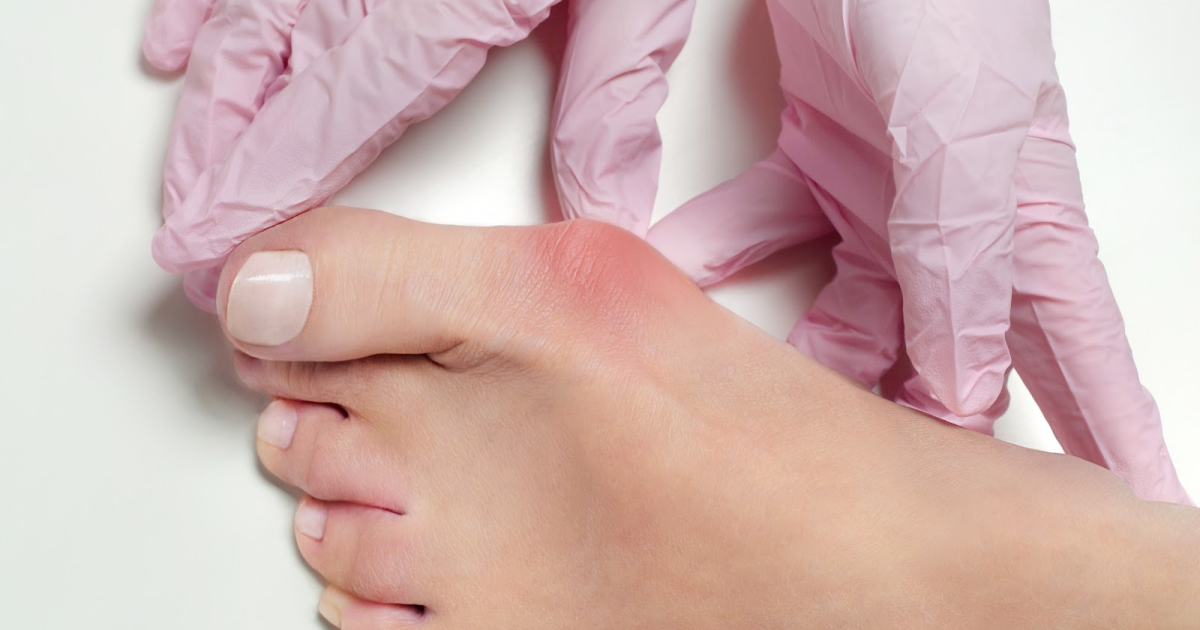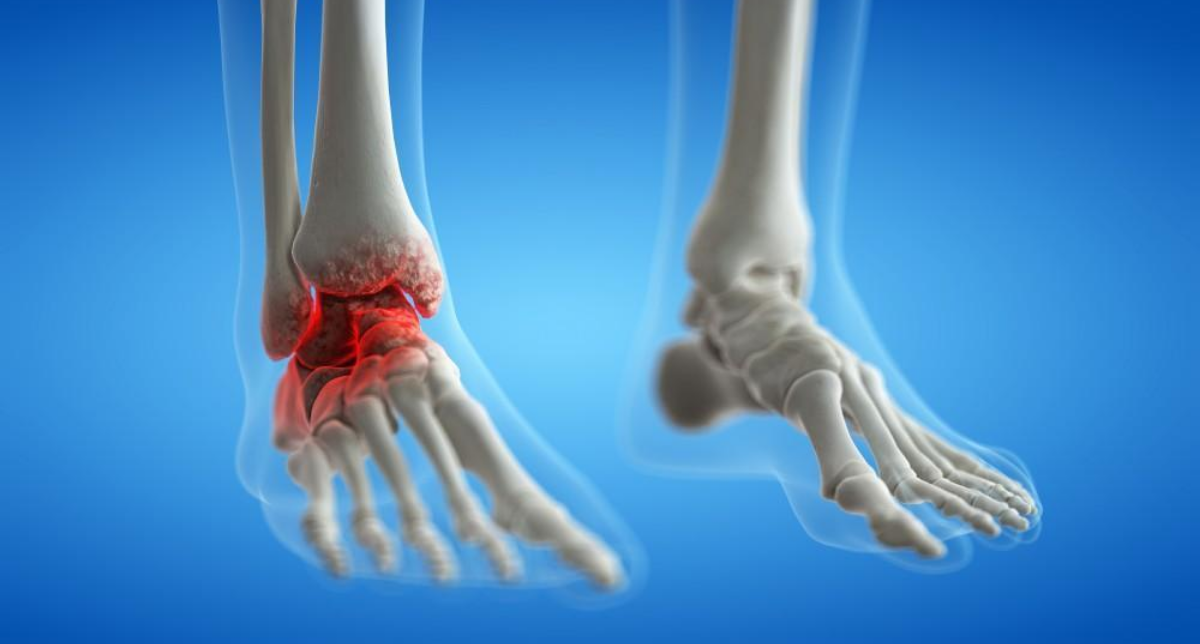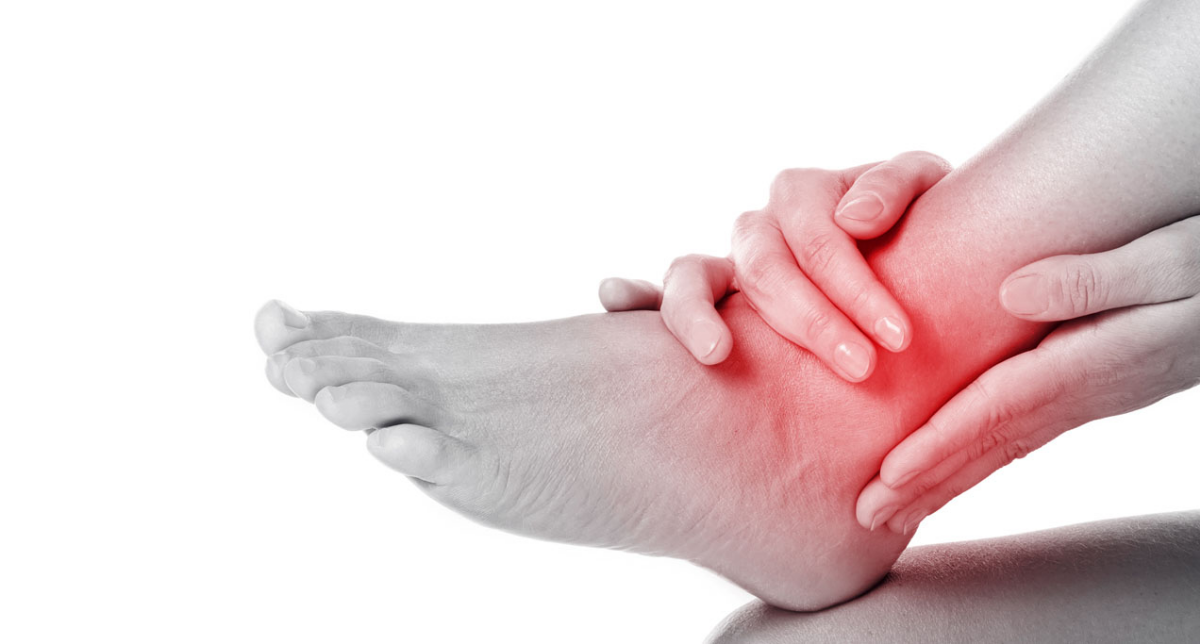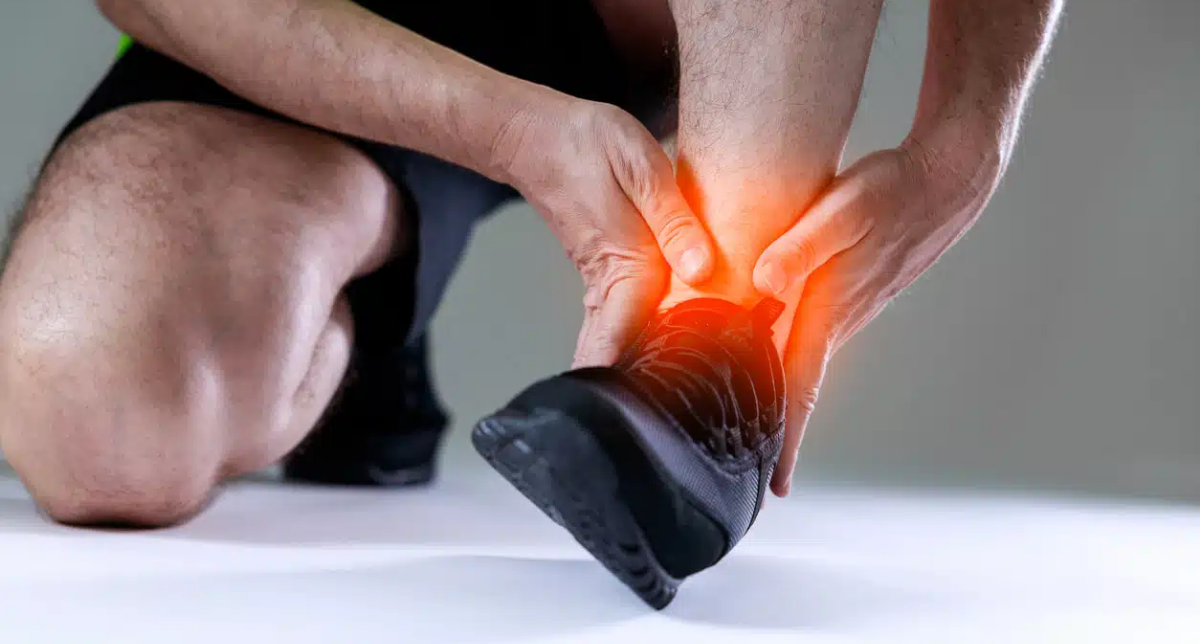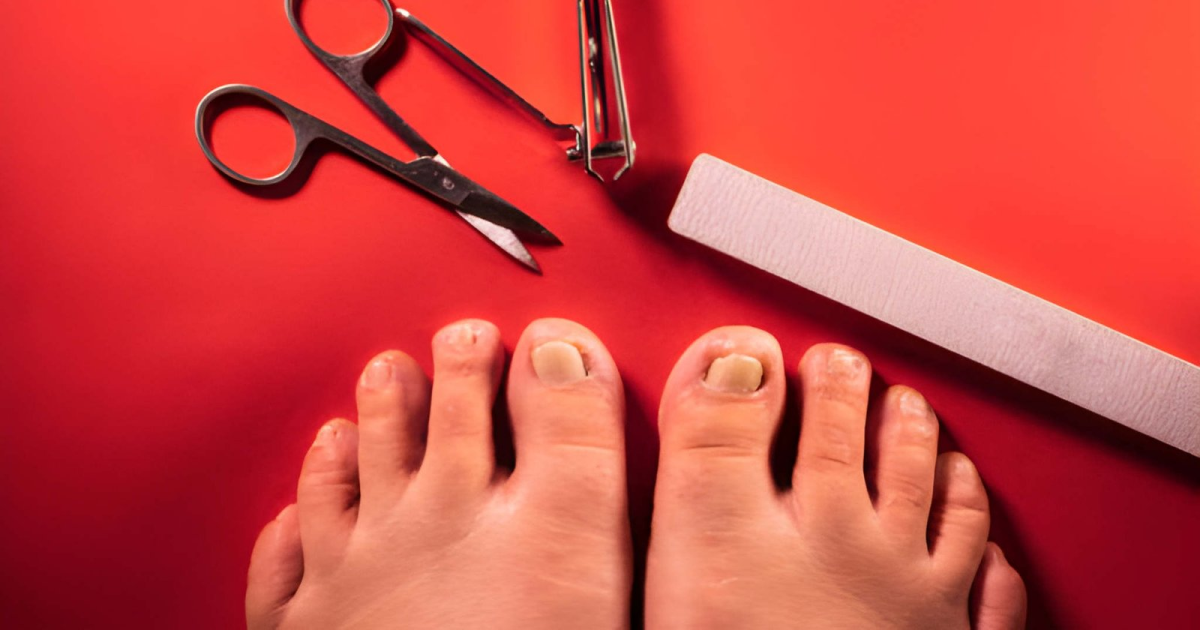

At Epic Foot & Ankle, we are proud to offer cutting-edge therapies that prioritize healing and recovery, allowing our patients to get back on their feet with less downtime. Two of the most innovative treatments in the field of podiatry are Platelet-Rich Plasma (PRP) therapy and Bone Marrow Aspirate Concentrate (BMAC) therapy. Both of these advanced techniques utilize the body’s own healing capabilities to accelerate recovery from foot and ankle conditions. Along with these therapies, we also offer a range of surgical interventions that help treat more complex conditions when necessary.
In this post, we’ll explore the surgical procedures performed at Epic Foot & Ankle, the recovery process, and how PRP and BMAC can complement surgery to enhance healing. Whether you’re recovering from a major surgery or exploring non-surgical treatment options, understanding the benefits and recovery expectations is crucial for your journey to better foot and ankle health.
Foot and Ankle Surgery Insights at Epic Foot & Ankle
Podiatric surgery is sometimes the best solution for patients dealing with chronic pain, severe injuries, or deformities that don’t respond to conservative treatments. At Epic Foot & Ankle, we offer a variety of surgical procedures tailored to meet the unique needs of each patient. Some of the most common foot and ankle surgeries we perform include:
1. Bunionectomy (Bunion Surgery)
Bunions, or hallux valgus, are a common foot condition where the big toe becomes misaligned, often causing pain, swelling, and difficulty walking. If conservative treatments like orthotics or physical therapy fail to relieve the symptoms, a bunionectomy may be recommended. This procedure involves removing the bump and realigning the toe for better function and appearance.
2. Achilles Tendon Surgery
The Achilles tendon is critical for walking, running, and jumping. Injuries like tendonitis, ruptures, or tears can cause significant pain and limit mobility. Surgical repair may be necessary for severe cases, particularly if the tendon has ruptured. Surgery can restore tendon function, reduce pain, and improve overall mobility.
3. Ankle Fusion Surgery
For patients suffering from advanced arthritis or severe ankle joint degeneration, an ankle fusion (also known as arthrodesis) may be the best option. This procedure involves fusing the bones of the ankle joint to eliminate pain and provide stability. While it limits range of motion, it can drastically improve quality of life and reduce chronic pain.
4. Hammertoe Surgery
Hammertoes occur when one or more toes bend downward, causing pain and difficulty finding comfortable shoes. Surgical correction can help realign the toe, relieve pressure, and restore normal function.
5. Plantar Fasciitis Surgery
Plantar fasciitis is a common cause of heel pain, particularly in athletes and those who are on their feet all day. If conservative treatments like stretching, physical therapy, and injections do not provide relief, surgery to release the plantar fascia may be considered. This procedure can significantly reduce pain and improve mobility.
Recovery Process: What to Expect After Foot and Ankle Surgery
Recovery from foot and ankle surgery can vary depending on the procedure performed and the individual’s overall health. However, most patients can expect a few common stages in their recovery journey:
1. Immediate Post-Surgery Period
After surgery, you may experience some swelling, bruising, and discomfort. Your surgeon will provide you with specific instructions for pain management, including prescribed medications and icing techniques. Rest is critical during this phase to allow the body to begin healing.
2. Immobilization and Rest
In most cases, you will need to wear a special boot, cast, or brace to keep the foot or ankle stable while it heals. This helps prevent further injury and ensures that the surgical site heals properly. During this time, it’s important to avoid putting weight on the affected area to reduce the risk of complications.
3. Physical Therapy
Once the initial healing phase is complete, physical therapy (PT) plays a key role in restoring strength, flexibility, and mobility to the foot and ankle. PT helps reduce stiffness and promotes healthy movement patterns as you regain full function. The length and intensity of physical therapy will depend on the type of surgery performed.
4. Gradual Return to Activity
As you progress in your recovery, your surgeon will guide you on when it’s safe to return to light activities and, eventually, full athletic activities. This gradual return is essential for ensuring that the foot or ankle continues to heal properly and that you avoid re-injury.
The Role of PRP and BMAC in Enhancing Recovery
While surgery can address many foot and ankle conditions effectively, it’s important to complement surgical intervention with therapies that promote healing and reduce recovery time. Both PRP (Platelet-Rich Plasma) and BMAC (Bone Marrow Aspirate Concentrate) therapies have proven to be effective in accelerating the healing process following surgery.
Platelet-Rich Plasma (PRP) Therapy
PRP therapy involves extracting a small sample of the patient’s blood, concentrating the platelets (which are rich in growth factors), and re-injecting this concentrate into the surgical site. The growth factors in PRP stimulate tissue regeneration, enhance collagen production, and accelerate the healing of damaged tissues. This therapy can reduce inflammation and pain, leading to a faster recovery following foot and ankle surgery. PRP is particularly beneficial in healing soft tissue injuries, tendon repairs, and cartilage regeneration.
Bone Marrow Aspirate Concentrate (BMAC) Therapy
BMAC therapy goes a step further by utilizing stem cells and growth factors harvested from a patient’s bone marrow. This concentrate is injected into the surgical site, where it promotes the regeneration of bone, cartilage, and soft tissues. BMAC has shown promising results in treating complex fractures, joint degeneration, and tendon injuries, providing patients with a more comprehensive healing process. For surgeries like ankle fusion or Achilles tendon repair, BMAC therapy can enhance healing and improve the long-term outcome by accelerating tissue regeneration.
The Benefits of Surgical Interventions in Certain Conditions
While many foot and ankle conditions can be managed with conservative treatments, surgery becomes necessary when conservative methods fail or when the condition is severe. Surgical interventions offer several key benefits, including:
- Pain Relief: Surgery can directly address the root cause of chronic pain, providing lasting relief for conditions like arthritis, bunions, and plantar fasciitis.
- Improved Function: Many surgical procedures are designed to restore or improve mobility, whether it’s fixing a deformity like hammertoes or stabilizing the ankle joint in cases of arthritis.
- Preventing Further Damage: In some cases, surgery helps prevent further deterioration or damage. For example, a surgical procedure to repair a torn Achilles tendon can prevent long-term weakness and instability.
At Epic Foot & Ankle, we use the latest surgical techniques and therapies to ensure that our patients recover as quickly and effectively as possible. By combining the benefits of surgery with advanced treatments like PRP and BMAC, we can provide a holistic approach to foot and ankle care that maximizes recovery and enhances long-term outcomes.
Conclusion: The Path to Faster Recovery
Whether you’re considering surgery for a chronic condition or recovering from a recent procedure, understanding the surgical options and complementary therapies available can help you make informed decisions about your treatment. At Epic Foot & Ankle, we are dedicated to helping our patients achieve the best possible results, using innovative treatments like PRP and BMAC alongside advanced surgical techniques to promote faster healing and a smoother recovery process.
If you’re dealing with foot or ankle pain and are considering surgery or alternative therapies, don’t hesitate to reach out for a consultation. We’re here to guide you every step of the way on your journey to recovery.
